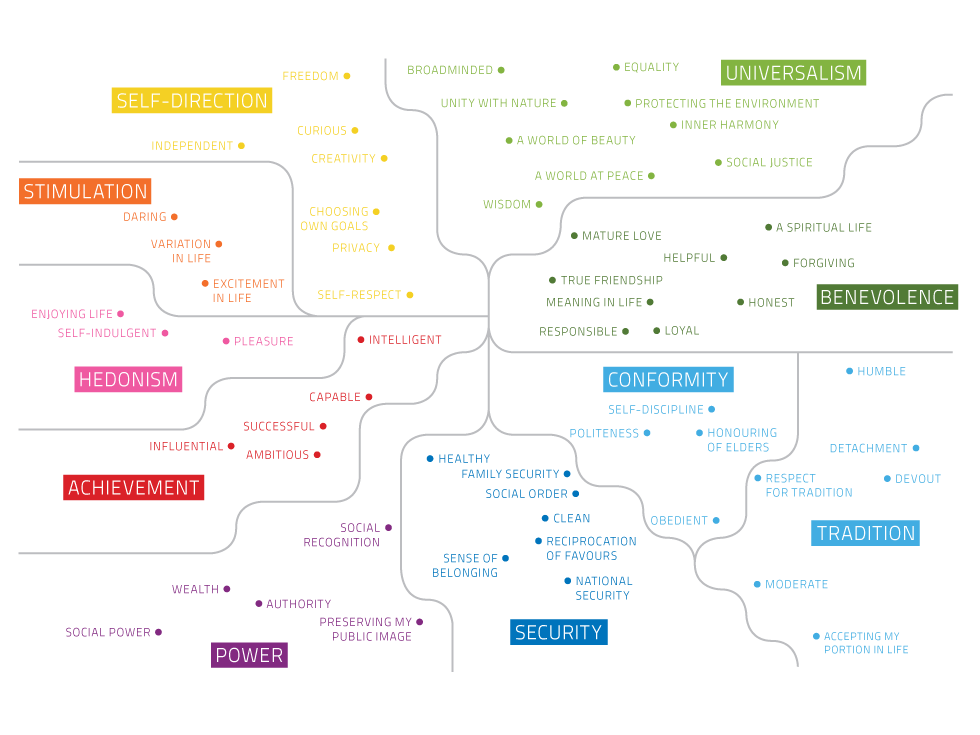If you’re a science communicator or educator at an informal science center (such as a zoo, aquarium, or museum) trying to encourage conservation action – this is the round up for you! Every Friday we break down the week’s most interesting news and best resources to help you frame the issues as effectively as possible.
Values are valuble for reaching people
Values help campaigns reach new audiences
We may think that we make our decisions based on rational thinking, but that is obviously not always true. If that were the case then information-based behavior change campaigns would be wildly successful and, yeah, they super aren't. One promising way to connect with people for change is a values-based approach.
The aforementioned article gives a quick overview of some of the work Greenpeace is doing based on Cultural Dynamics Strategy and Marketing in the United Kingdom - targeting audiences based on their identified underlying values.
Common Cause: the Case for Working with Values and Frames
For a simple - and visually beautiful - intro to these ideas, check out WWF's Common Cause. Sparked by their 2010 report, this website lays things out in an online Handbook, collects some reports, and occasionally blogs on the issues.
Just how many climate skeptics are there?
Just how many climate skeptics are there?
There are a lot of climate opinion polls, and the answers may change depending on how the questions are asked, and what the weather's like. So - just how many people actually believe there is no climate disruption happening? The short answer is: probably 10% or less depending. However, one study found that the "skeptic" group, when asked their estimate of how many people doubted climate science, guessed about 50%. So why the discrepancy? The article is well worth a read though it doesn't necessarily come to strong conclusions.
75% of U.K. kids worried about climate change
This poll is especially poignant considering last month's draft of new UK curriculum guidelines which removes all discussion of climate change for students under 14 years.




